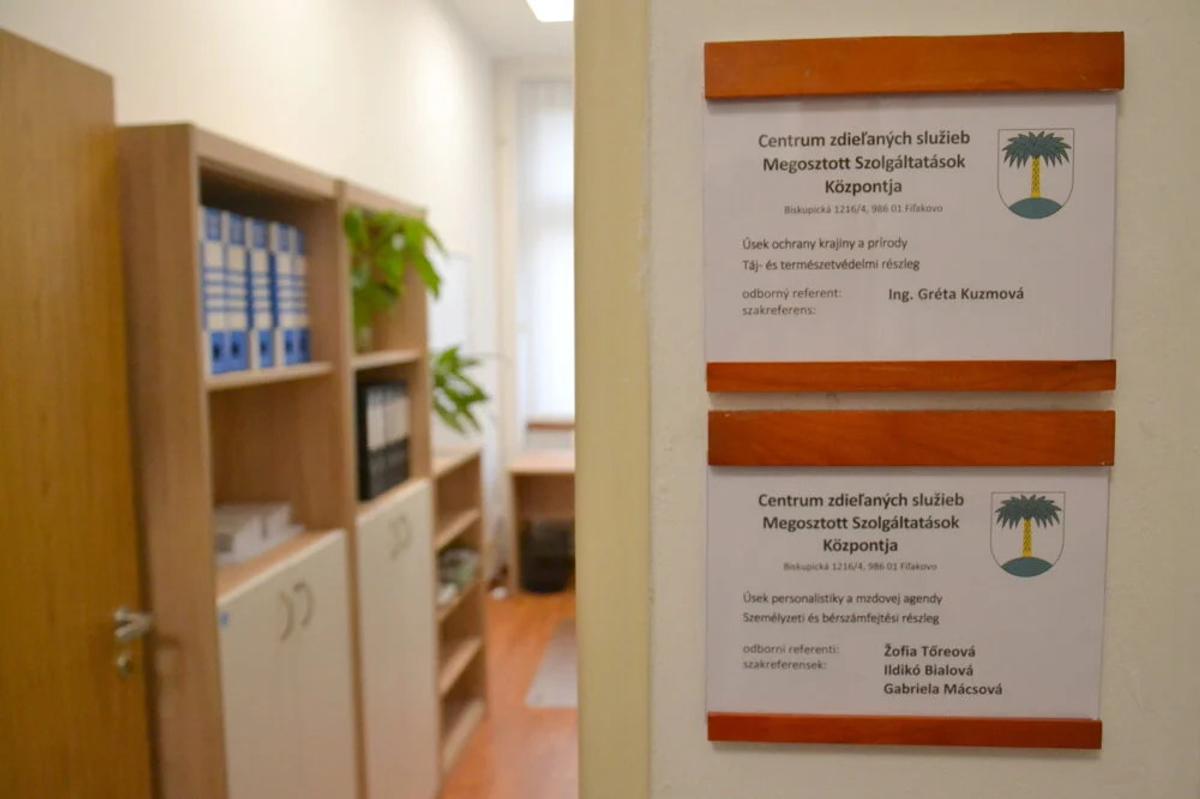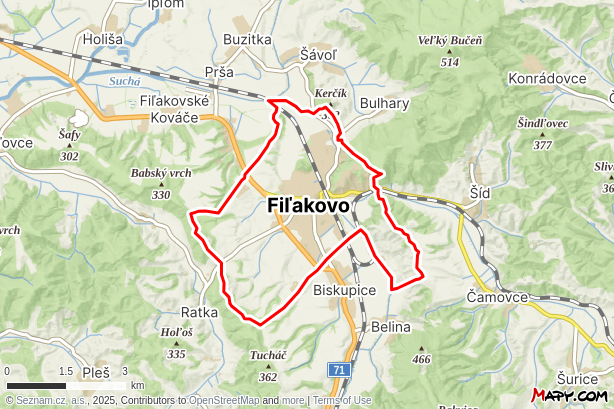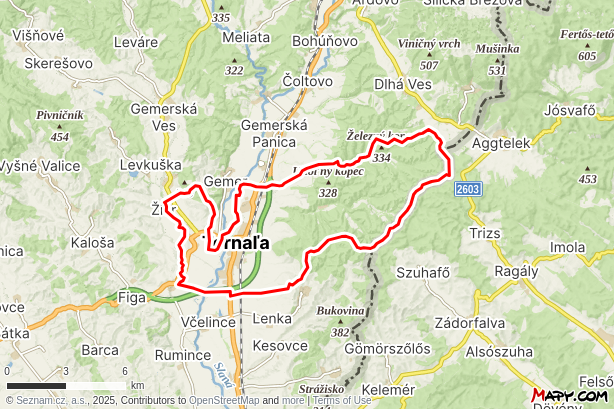A newly opened shared services centre in the southern Slovak town of Fiľakovo is set to support 19 surrounding municipalities by streamlining administrative tasks and cutting costs. Officials hope the centre, which opened on 14 April, will improve the quality of public services in smaller towns and villages, many of which lack the capacity to employ dedicated staff for core agendas such as payroll, urban planning, or education.
“This is a project we’re investing a lot of hope in,” said Richard Raši, Speaker of Parliament and former investment and regional development minister, who helped launch the initiative alongside the Interior Ministry. “Our goal is to ensure that mayors and local leaders can access high-quality services at the lowest possible cost.”
Established thanks to EU money
Located in a renovated business incubator building on Biskupická Street, the centre was developed using €250,000 from the Recovery and Resilience Plan. The funding covered interior modifications, new parking, office equipment, and an electric car with a charging station. An additional injection of EU funds will cover staffing costs for three years.
“Because we want the centre to continue beyond that timeframe, the participating municipalities are already co-financing salaries to ensure long-term sustainability,” Raši added, as quoted by My Novohrad.
Twelve staff members will now provide a range of services to the participating municipalities, including construction permission, payroll administration, and personnel management. Fiľakovo Mayor Attila Agócs said the scope may expand further. “We see room for support in environmental issues, digital services, public procurement, project management, legal advice, and tax collection oversight,” he noted. The centre is open to more members, with no upper limit on the number of participating municipalities.
Fiľakovo is no stranger to shared services. A joint municipal office has operated in the town for years, supporting 18 neighbouring villages. But the new centre marks a significant scaling-up of the model.
Local officials have welcomed the move. “Not all of us could afford to hire experts,” said Milan Spodniak, mayor of Ratka, one of the member villages. “This will help us, particularly in environmental and construction-related matters.” Miroslav Malatinec, mayor of Buzitka and head of the local mayors’ association, agreed: “We used to rely on Fiľakovo’s help. Now we expect higher quality, faster results, and lower costs.”
First centre in Tornaľa
The government plans to establish a total of 21 such centres across Slovakia, with the next opening scheduled in Medzilaborce, eastern Slovakia. Another centre, already operational in Tornaľa, now serves around 20,000 residents from 30 municipalities in the Revúca and Rimavská Sobota districts. A 31st municipality is expected to join soon.
“These centres represent a vital step forward for our region,” said Erika Győrfiová, mayor of Tornaľa. The centre currently employs six people and offers support in construction, education, environmental protection, social services, and road transport.
Mayors of smaller villages say the assistance is essential. “With only 200 residents, we simply cannot meet all legal requirements without outside help,” said Marian Habovčík, mayor of Lenka. “We often have to outsource tasks like fire and civil protection. This centre saves us money.”
Jozef Hibler, mayor of Ruminiec, echoed the sentiment: “We lack the capacity to provide services locally. For us, the construction agenda is most critical, followed closely by education.”
Shared services centres will soon be operating in other towns including Becherov, Dlhé nad Cirochou, Gemerská Poloma, Giraltovce, Liptovský Hrádok, Margecany, Medzev, Michalovce, Nižný Orlík, Ptičie, Sabinov, Sečovce, Sobrance, Spišská Stará Ves, Stará Ľubovňa, Trebišov, Veľké Kapušany, and Vranov nad Topľou.



 Shared services centre launched in Fiľakovo (source: My Novohrad - Jozef Mikuš)
Shared services centre launched in Fiľakovo (source: My Novohrad - Jozef Mikuš)

